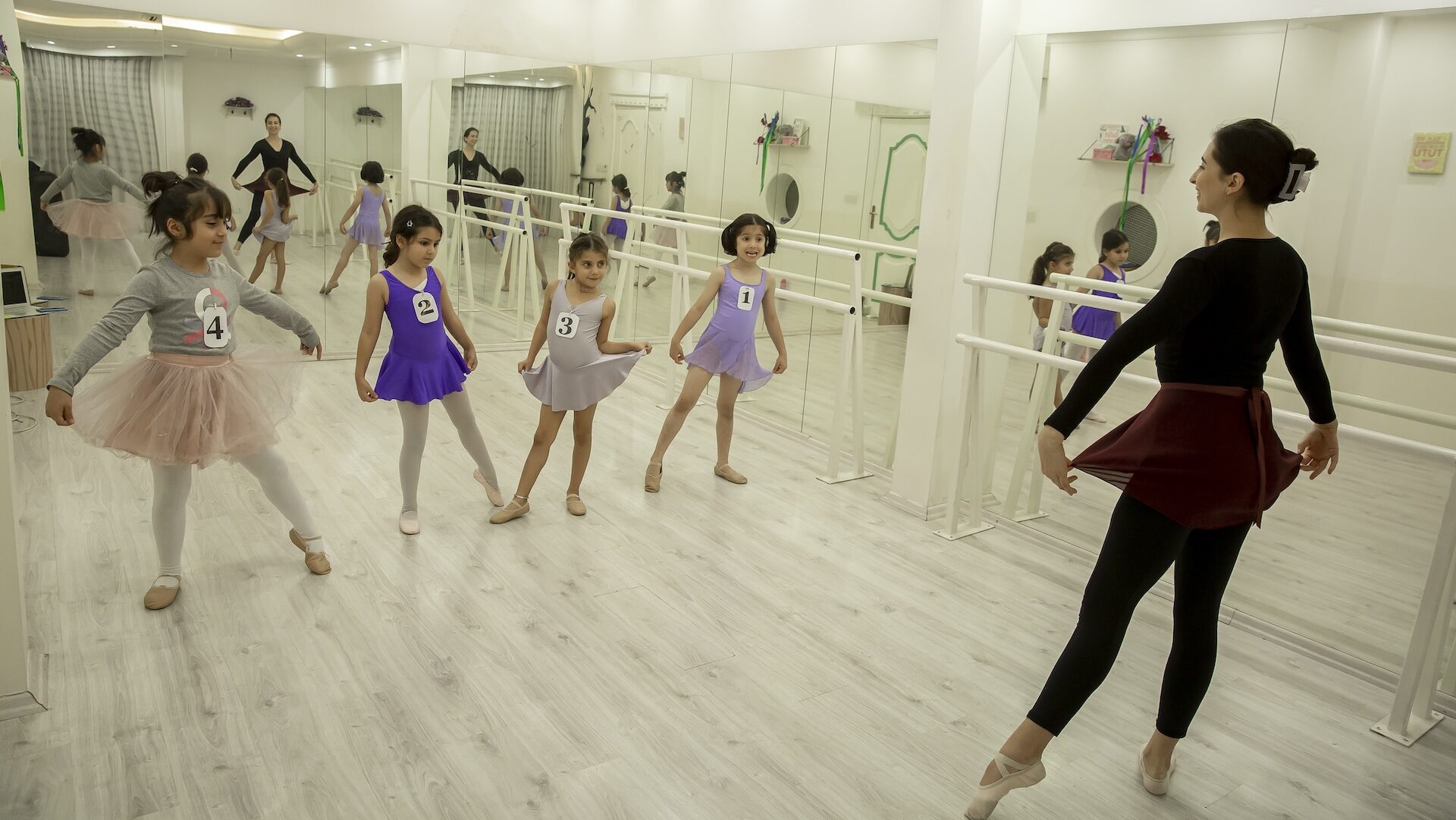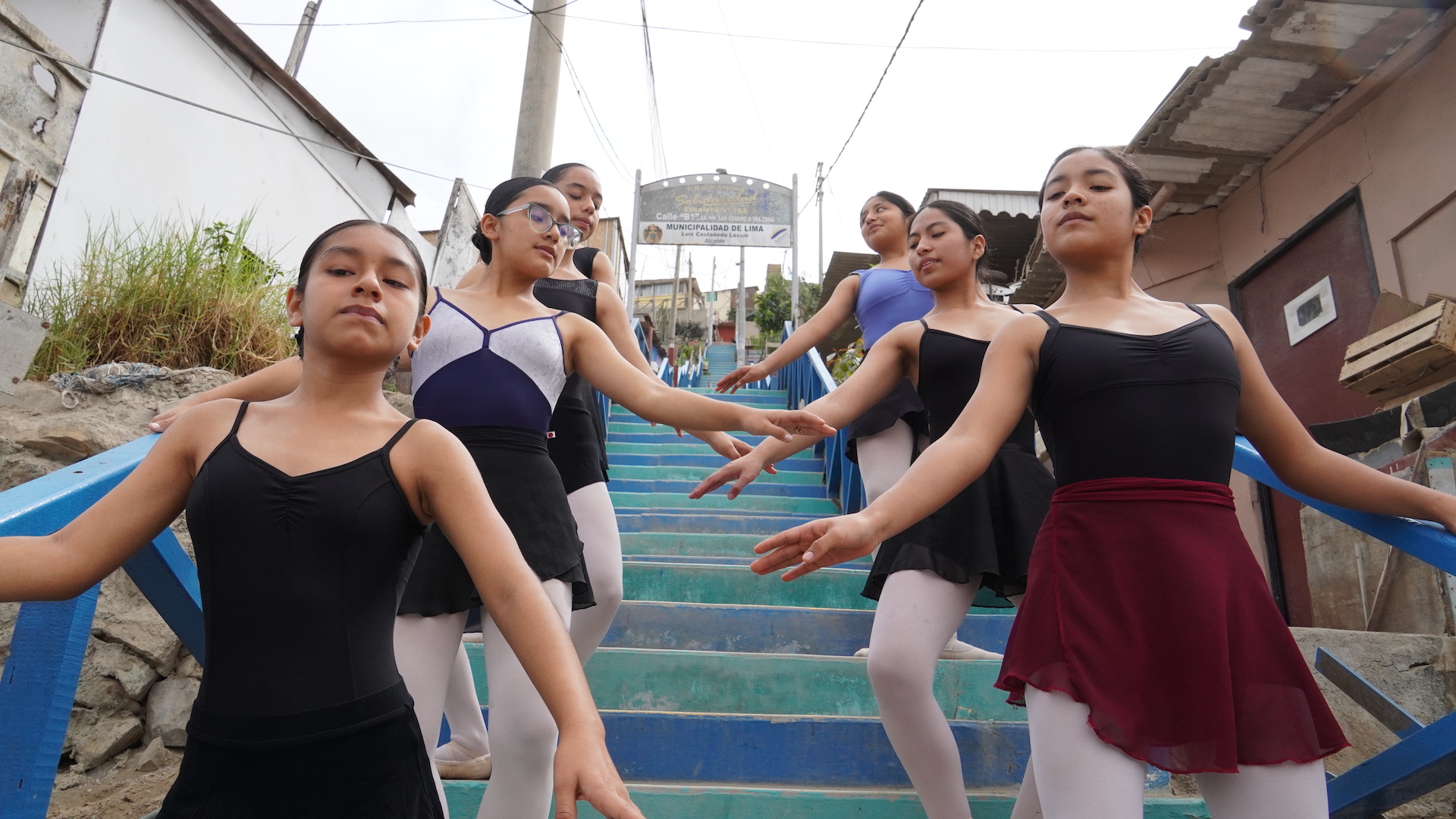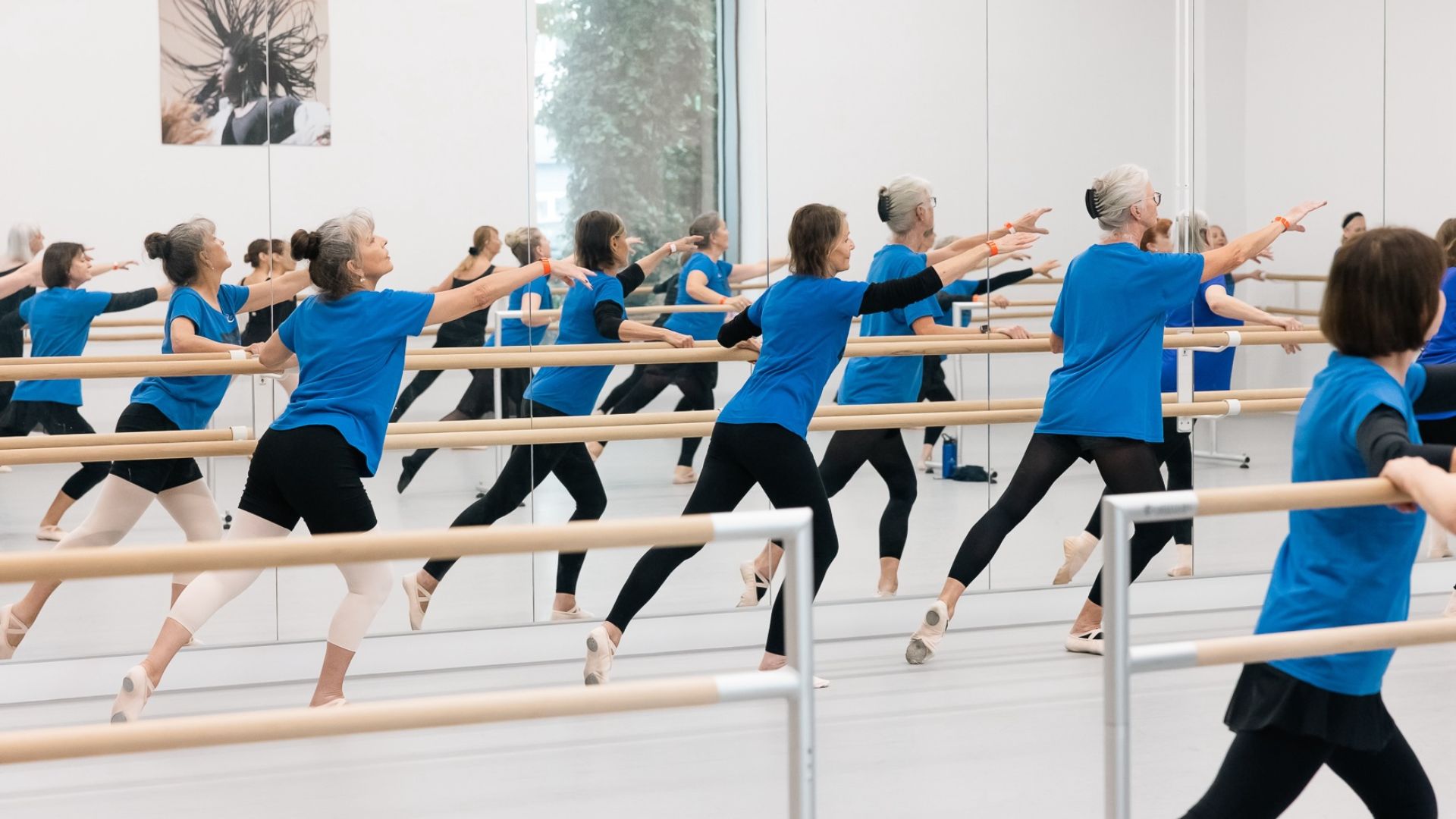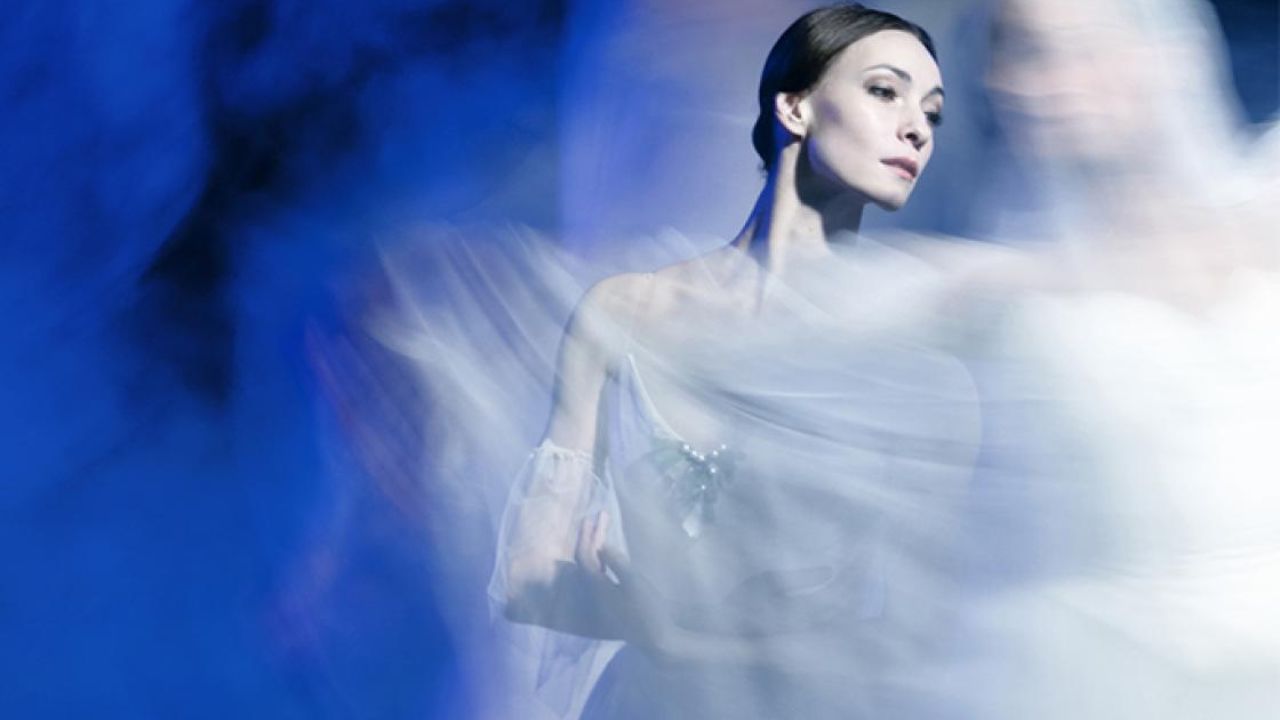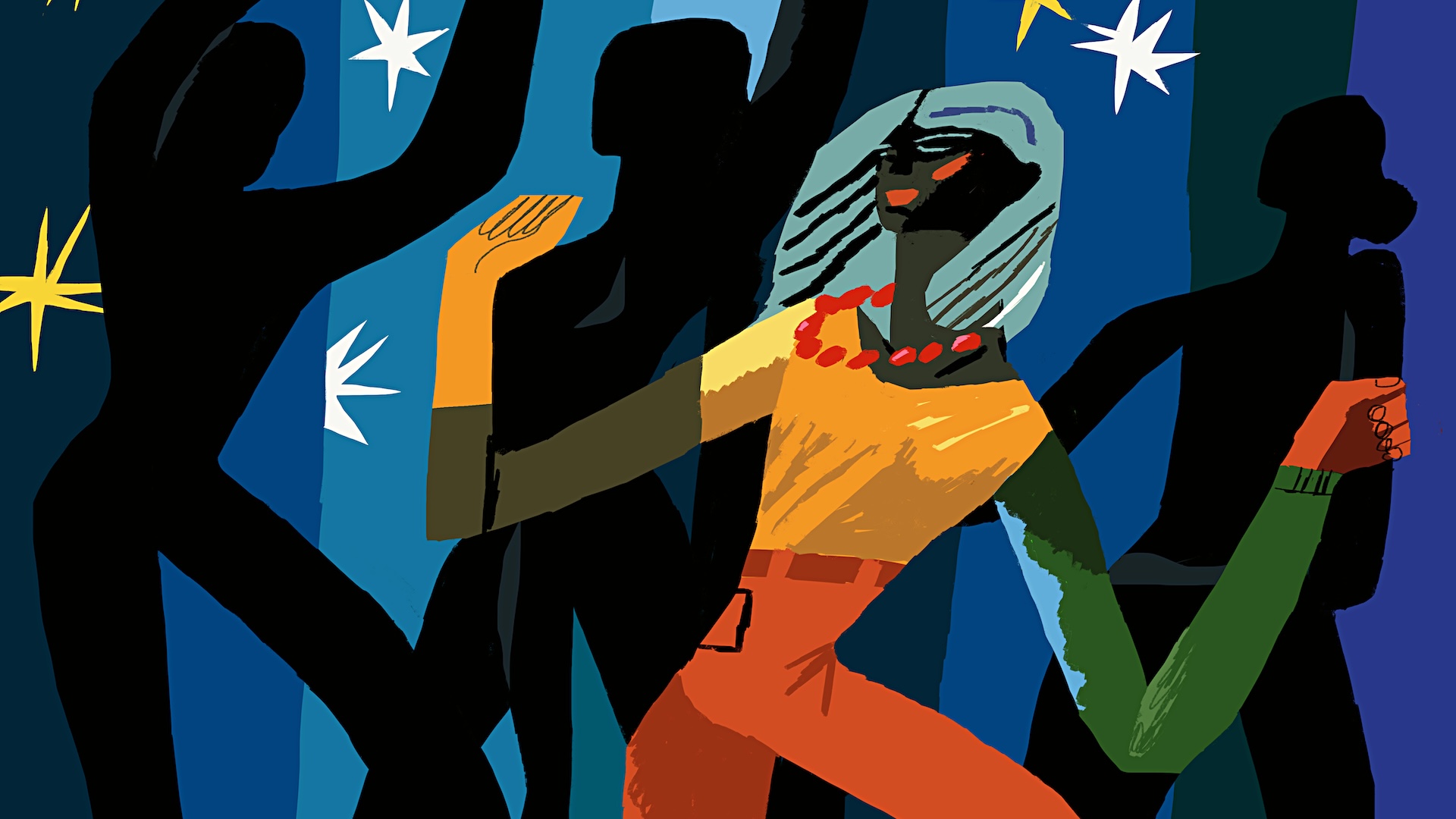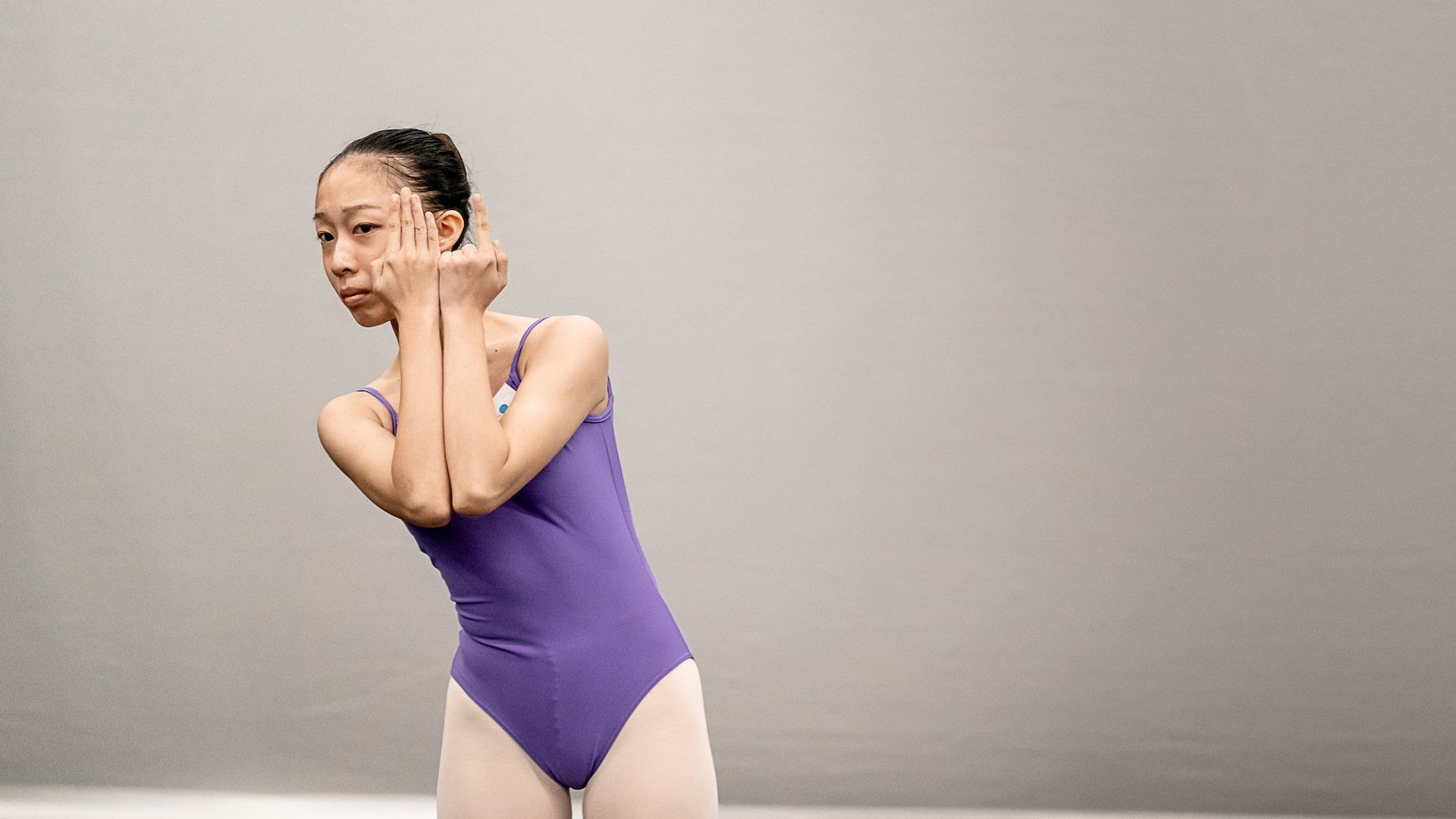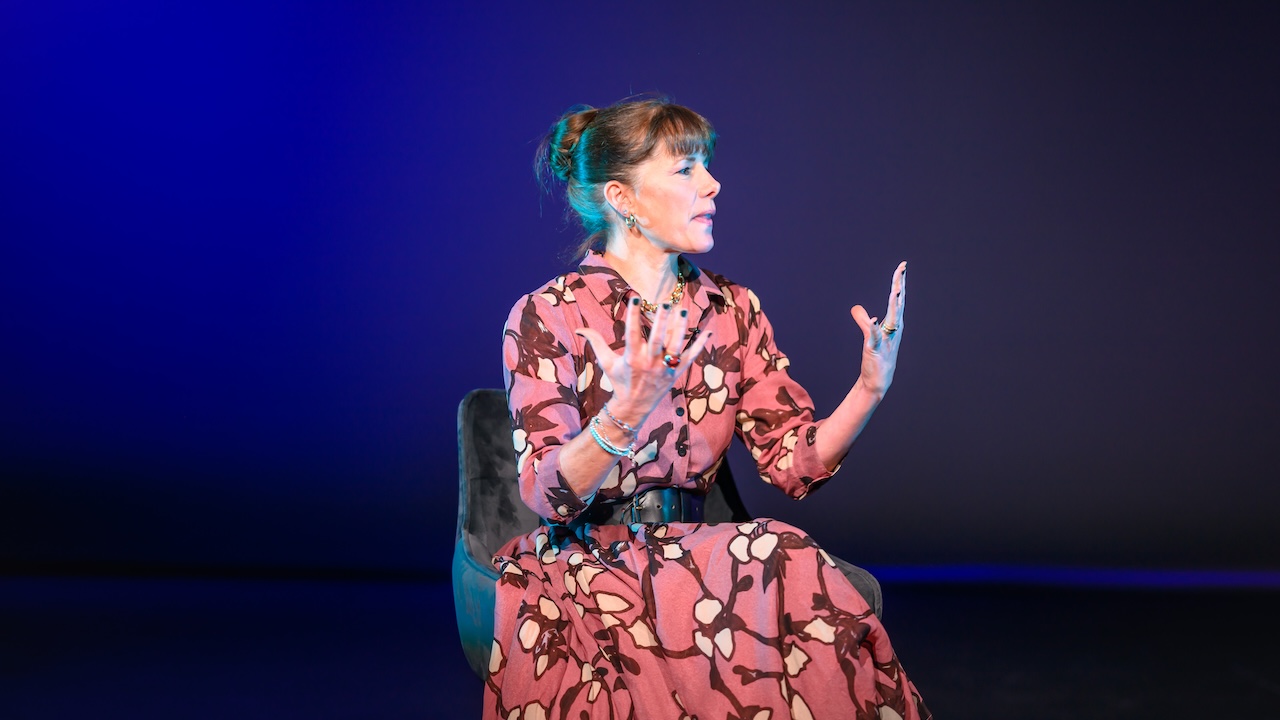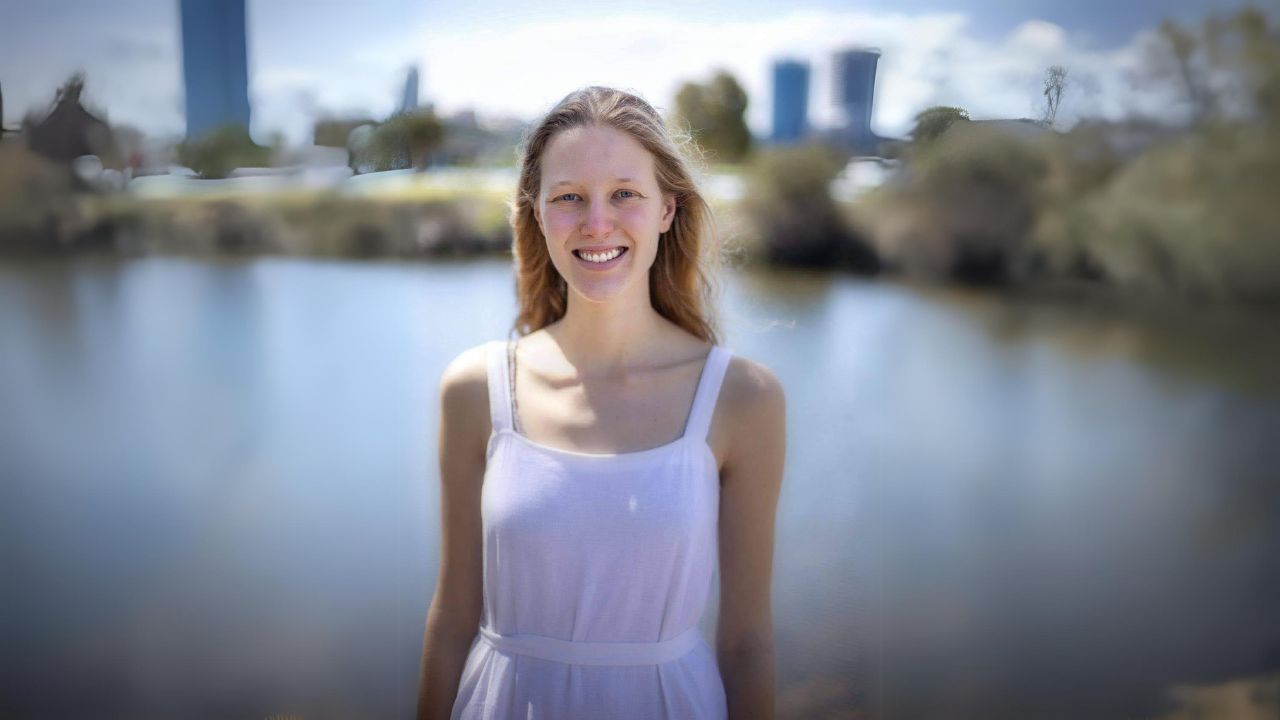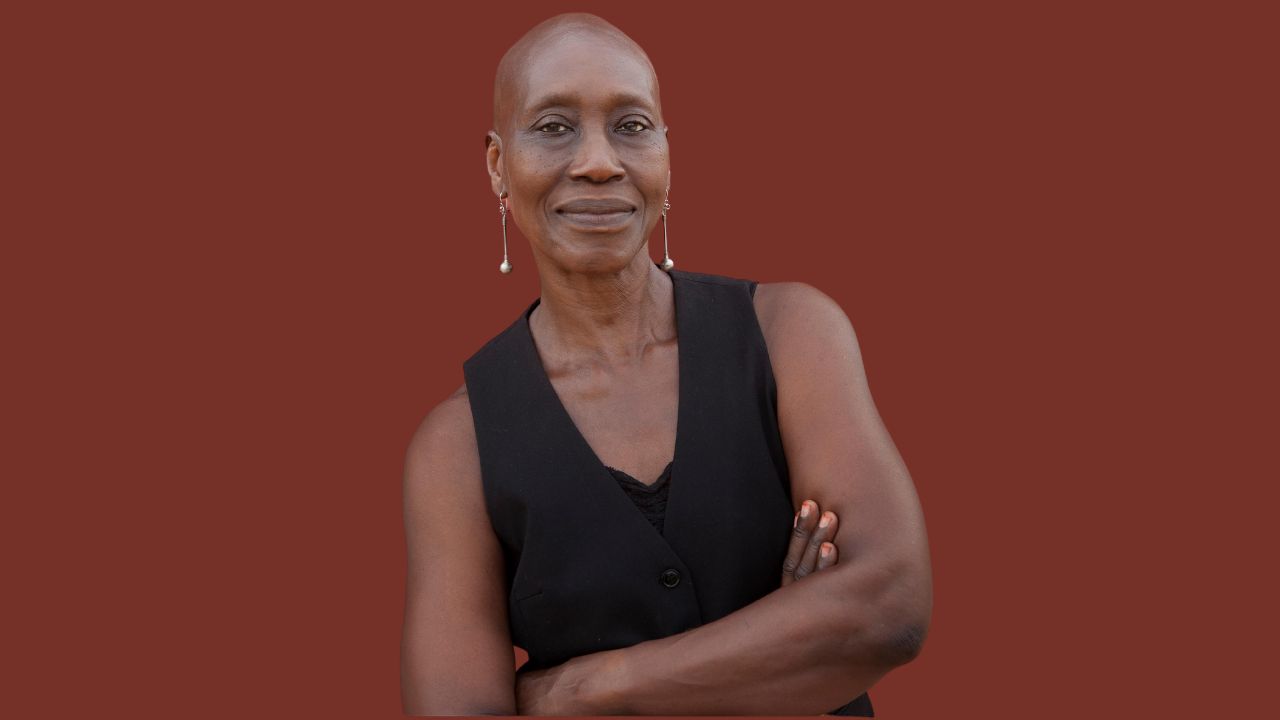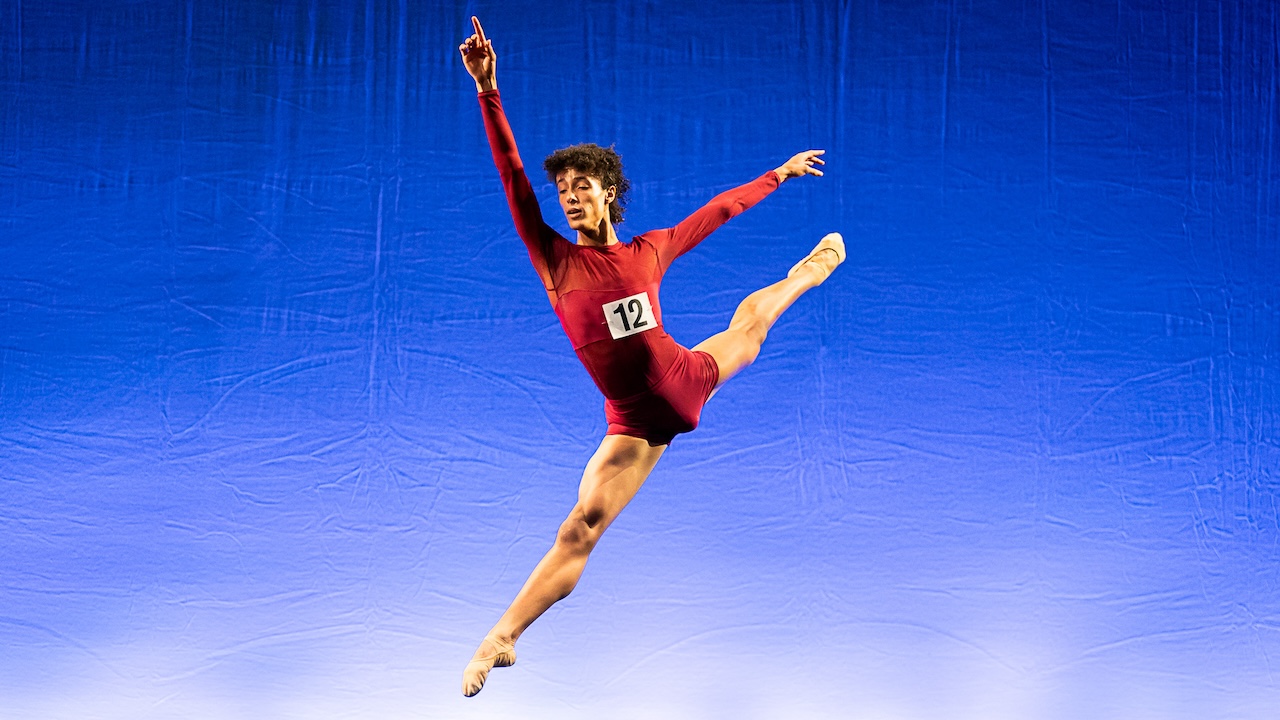Every time she passed the imposing buildings she saw on the streets of London as a young ballet dancer, Sophia Miran said, ‘that is going to be my ballet school.’ Yet years later, she achieved not only her dream but also a first in Erbil, the capital of the semi-autonomous Kurdistan Region of Iraq, a turbulent country in the Middle East.
Much of the world became aware of Kurdistan with the brave fight of the Kurds against Islamic State’s (IS) barbaric attacks in 2014. When IS approached almost 25 miles from Erbil, many expats left and locals began to make escape plans against a possible invasion. But London-born British Sophia Miran, the founder of a newly-established art school, did not give into this, just as she would respond to the difficulties she would face later.
Erbil’s modern luxurious villas and hotels contrast with its historic neighbourhoods, traditional restaurants and teahouses, and camps sheltering war-weary refugees. Miran’s journey to Erbil began when she married her Kurdish husband in the UK. ‘The first time going to Erbil was a real step into the dark for me,’ she recalls. However, with the curiosity to live in the Middle East, she took her life-changing decision.
Miran, who trained in RAD Ballet in her youth, firstly embarked on teaching kids’ ballet in a hotel. She soon felt overwhelmed by so many young children coming to the course.

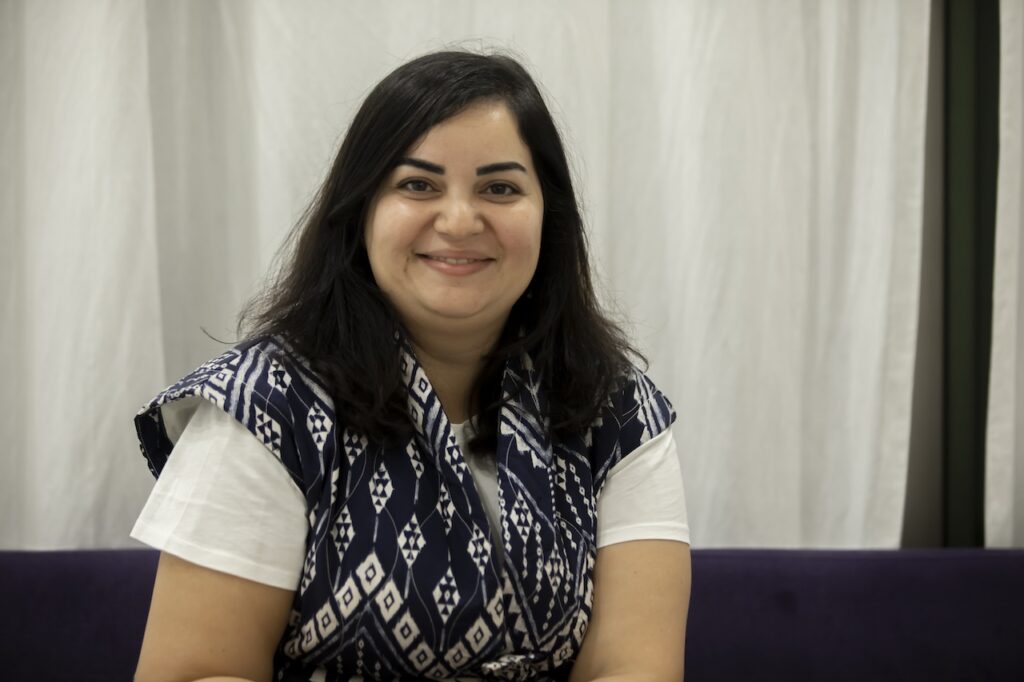
‘I was like, there’s such a need in Erbil for kids’ activities but there’s nothing,’ she recalls. ‘Schools are only offering them academic maths or English. These children are going home and watching TV, whereas the western world is full of activities. So I launched into opening a school,’ she explains, her face still registering the excitement.
Knowing its cultural significance, Miran named the blossoming art school after the fig, one of the national fruits of Kurdistan. The only ballet school teaching RAD ballet in Iraq has now become a unique source of inspiration and safe haven for children in many dance and fitness fields, from ballet to gymnastics, piano to drama, martial arts to hip hop. With its team from countries such as America, UK, Lebanon, Syria and Canada, the club offers an international space for both local and foreign students in different age groups, from toddlers to adults.
Located in a villa with a spacious garden within a complex called Dream City in the relatively greener and more developed central part of the city, Fig Club has a vibrant and warm atmosphere, with several different activities taking place at the same time.
As I move along the school corridors on my visit last November, the manager Dala Choukor opens a door, saying, ‘you should definitely talk to her.’ It’s the room where Yasmine Mufti, a 12-year-old Syrian girl, was taking one-to-one piano lessons. This young girl perhaps exemplifies the school’s progress. Miran describes her as ‘my oldest student,’ adding, ‘she was with me right at the start. She took her [RAD ballet] examination last year and got the highest grade.’
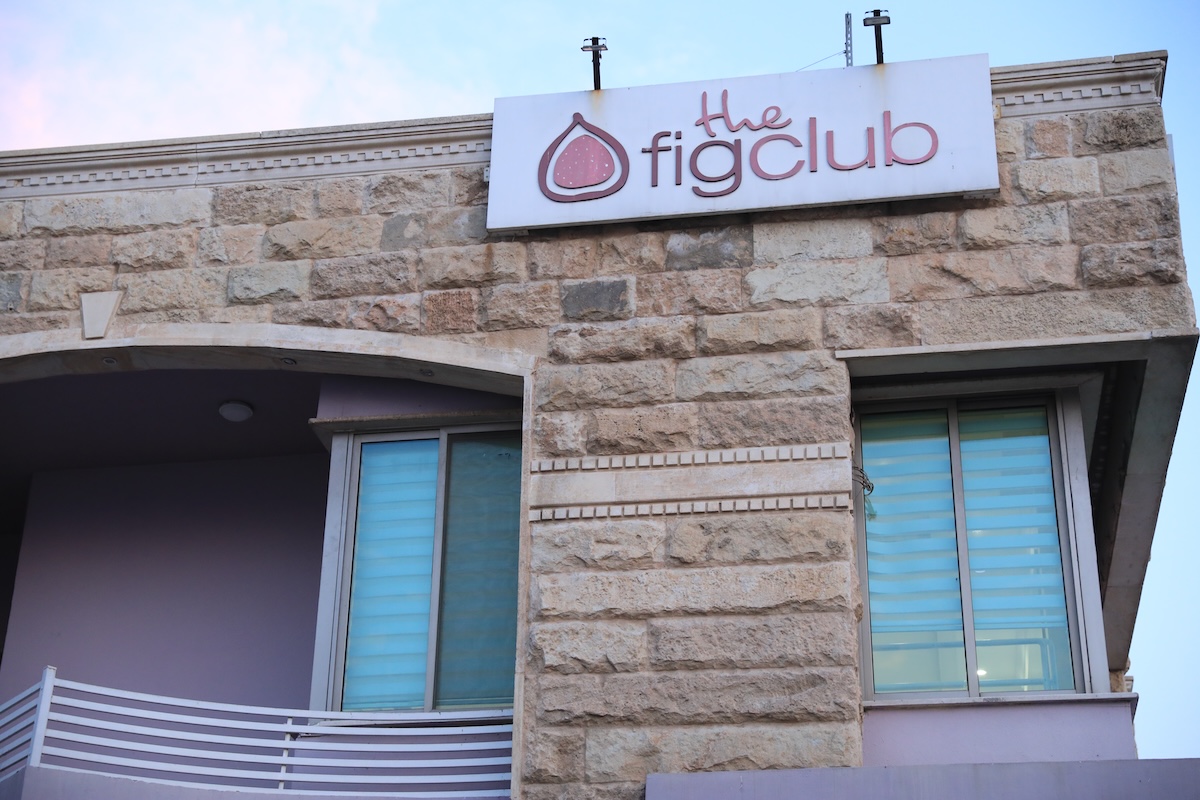
‘We are a community here. The school is like a second home to students’
Dala Choukor
Yasmine has been taking ballet classes for over half of her life, not to mention piano lessons during the last five years: she even gave us a short piano recital. Having taken part in previous productions by the Fig Club students – including Frozen, Rapunzel, The Lion King and Peter Pan, she is now preparing for the musical, Matilda, to be performed in May. She has already made up her mind to continue doing ballet, piano and theatre. She describes the art school as a ‘huge family,’ expressing how much she loves being here.
Despite being the region known as the relatively safe, most liberal and foreigner-friendly part of Iraq, patriarchal and religious aspects have huge impact on society in Kurdistan. For some, even dancing can be considered taboo. So the school plays a unique role here – it makes sense that Choukor says, ‘we are a community here. The school is like a second home to students.’
At the beginning ballet classes were only taken by the expats things have changed over time. Miran explains that many more Kurds have accepted ballet, with the school playing a significant part in educating people about its benefits.
Luckily, Miran has not been alone on this journey. Amelia Jane Cunliffe, a dedicated RAD Registered Teacher from a dancing family in the UK, is among the teachers helping her make sure the students are not isolated from high, internationally recognised ballet standards.
Cunliffe has wide knowledge of the RAD and extensive experience of teaching in the UK and abroad such as in India and Saudi Arabia. But the way Cunliffe delivers the RAD ballet syllabus to the Fig Club students is remarkable. She attends the classes online from the UK, watching closely and providing comprehensive feedback on every move the students make in a confident and soothing voice. As I observe from the corner of the room, I’m struck by the harmony, rhythm and discipline between Cunliffe, the teachers who are physically present and the students.
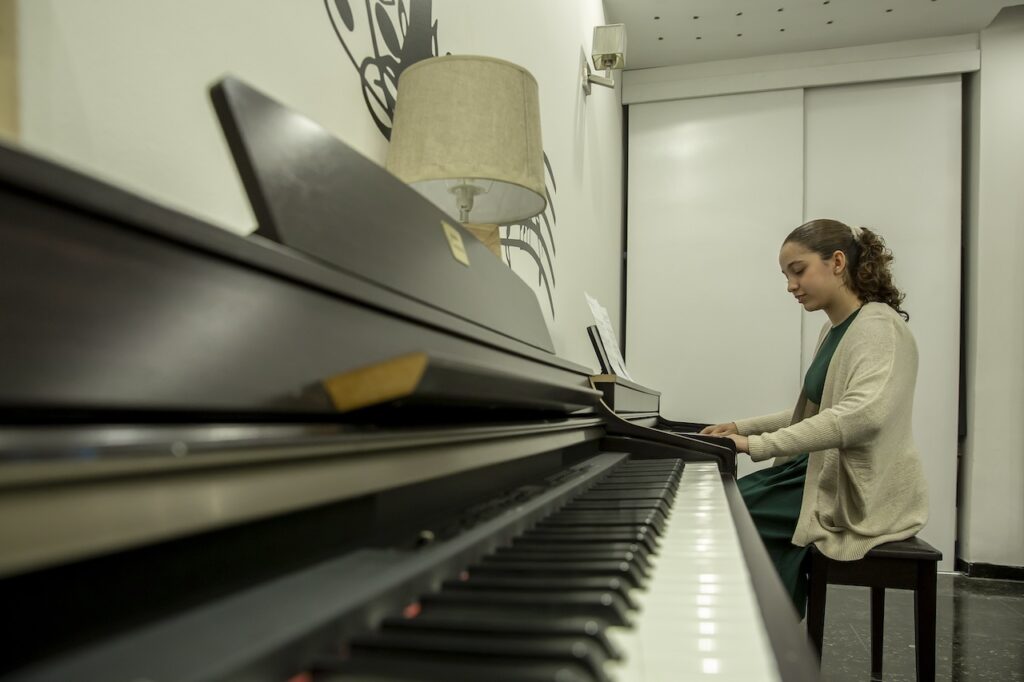
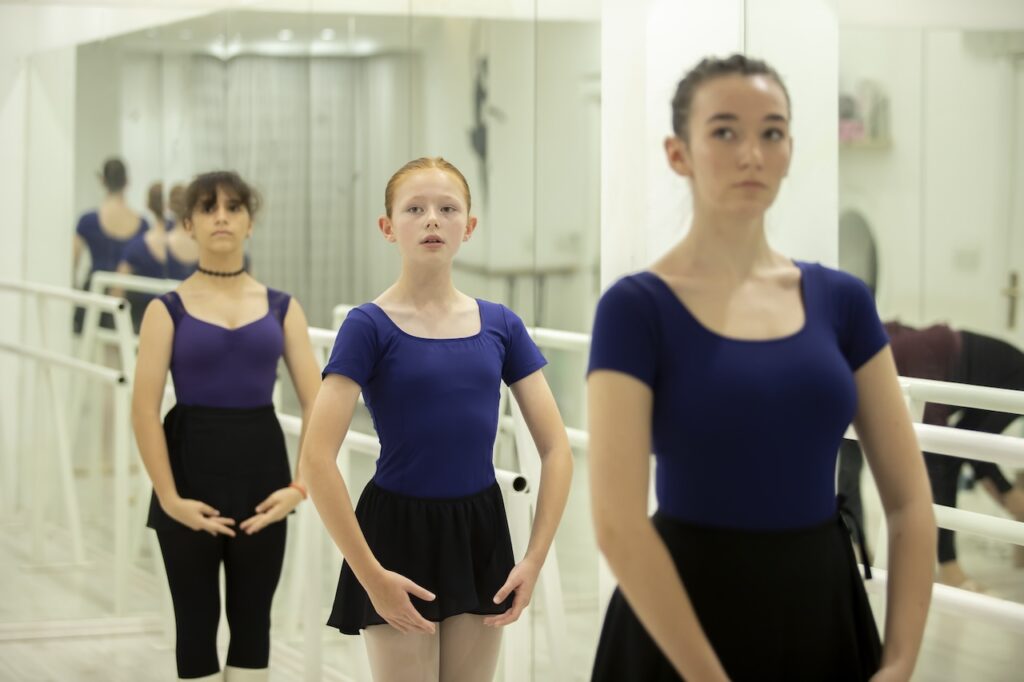
This unusual method is the result of a testing process. ‘In all honesty, I didn’t know how well it was going to work out,’ Cunliffe admits, ‘but I couldn’t have been luckier. The two teachers are extraordinary – young, independent, energetic.’ She is referring to Danika Smith and Catiana Gray. ‘The teachers on the ground have vast experience of dance. But of course, they needed to be educated on the exact requirements of the RAD syllabus for this to work.’ Cunliffe insists on the accuracy, timing and positioning of every move in the syllabus. ‘Once the teachers knew the work 100 percent, that is when we can make the greatest progress.’
Smith, a ballet teacher from Canada, notes the difficulties the students initially experienced with the RAD syllabus. ‘Last year was a bit challenging because it was new to them – the style and a lot of technique.’ But thanks to hard work and commitment, she says, the students have been improving very quickly. Gray, from America, also finds it amazing to see children look forward to continuing their ballet classes and adds that feedback from parents has been very positive.
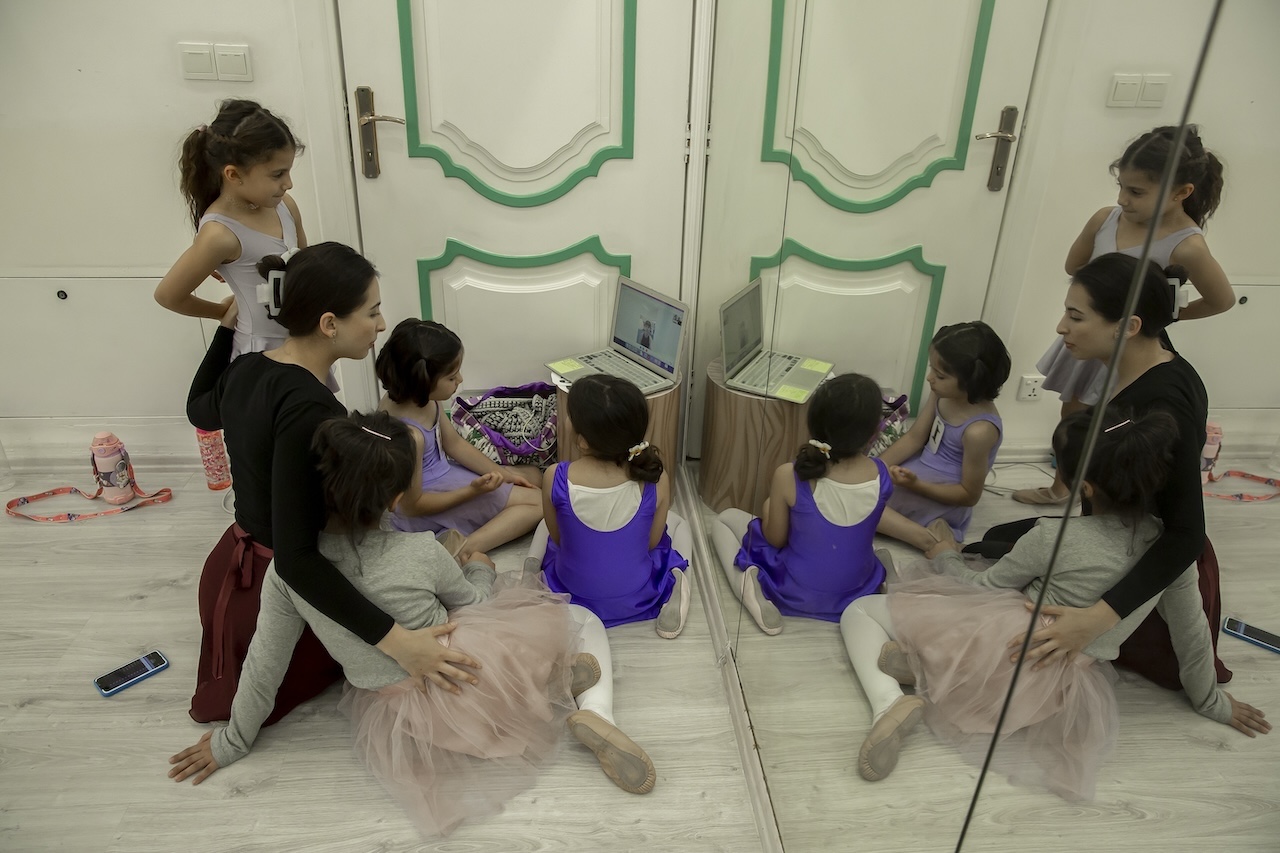
‘Dance is an international language with the power to heal and unite’
Amelia Jane Cunliffe
Keira Taylor, an 11 year-old-girl from America, is one of the ballet students. She has found her best friends at the school. ‘It keeps me active, calms me, teaches me discipline. I will definitely pursue dancing in the future and become a ballet dancer.’ Her mother Kathryn also seems happy for her daughter. ‘We prayed that there would be something here for my daughter to dance because we thought there would be nothing in Erbil, and it was such a blessing.’
Many students passed the RAD ballet exams held here last year – the first to be held in Iraq. As Cunliffe emphasises, ‘it really taught them that hard work pays off and the discipline of committing to a project. Not to mention the joy of being able to dance.’
In addition to making Miran’s dreams come true, this school also helps its team realise their talents and offers a unique opportunity to the children, as well as endearing ballet to wider Kurdistan society. ‘Dance is an international language of communication with the power to heal and unite,’ Cunliffe says. ‘Once inside a dance studio, you can be anywhere in the world.’
Bekir Aydoğan is an Erbil-based journalist focusing on covering Iraqi Kurdistan, with a Master of Arts from Exeter University on the Middle East politics.

